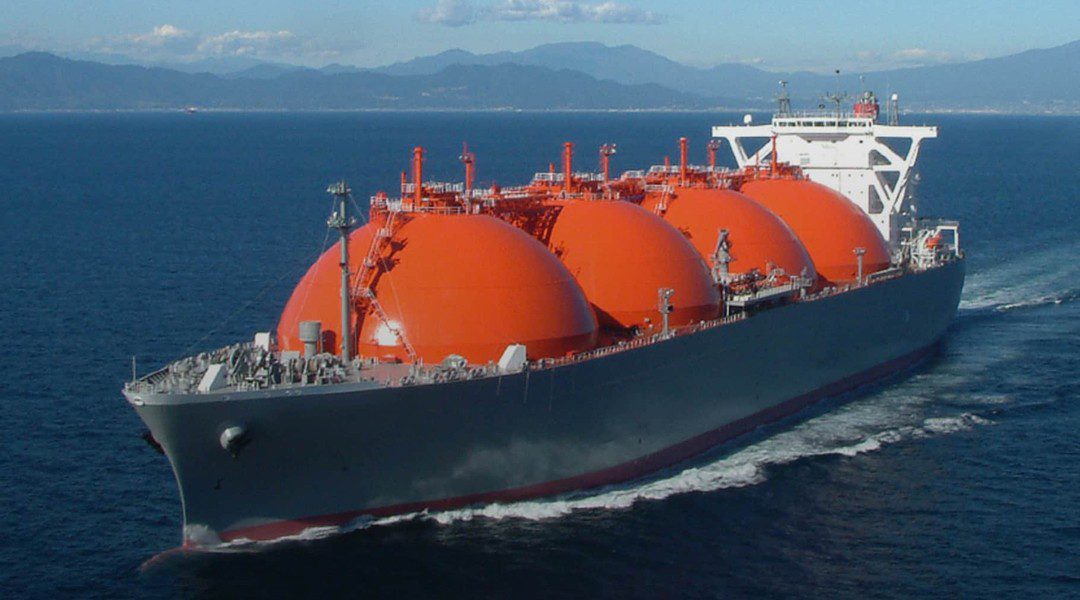In the full North of England Club Directors Report 2022, the Association noted two impacts of the Covid-19 pandemic on the cost of claims during the /22 policy year, compared to /21. The first was a return to more usual trading levels as the world emerged from the most severe restrictions imposed by the pandemic, while the second was an increase in the
frequency and severity of Covid-19 related crew claims. Both impacts served to increase the cost of claims.
Overall, the Group’s surplus after tax reduced from $49.5m in 2021 to $14.0m in 2022.
The total accumulated surplus attributable to Members increased from $292.1m as of 20 February 2021 to $332.1m as of 20 February 2022. The increase was a result of the surplus recorded above, together with movements on the Group’s defined benefit pension deficit recorded in other comprehensive income.
Gross earned premium income increased overall from $406.2m in 2021 to $429.0m in 2022.
Written premium reduced slightly, from $425.4m in 2021 to $425.2m in 2022.
| Mutual ($m) | 2022 | 2021 |
| P&I | 296.2 | 292.3 |
| FD&D | 22.8 | 23.9 |
| War | 1.3 | 1.9 |
| Total Mutual | 320.3 | 318.1 |
| Non-Mutual | 104.9 | 107.3 |
| Total | 425.2 | 425.4 |
The total cost of claims in a policy year tended to be driven by large claims experience (those over $1m). At the current stage of development North noted that the Group had experienced more large claims than at the same stage of the /21 policy year, and had also experienced two pool claims, compared to none on the /21 policy year.
The first half of the policy year saw a very high level of activity on the International Group pool, offset by a relatively benign second half of the year. The overall cost of the pool experience reduced compared to the prior year.
Prior financial year gross claims were impacted by a significant deterioration on a 2019 policy year claim, but this deterioration was fully reinsured.
Overall, gross claims reduced from $675.5m to $469.6m, with net claims increasing from $49.2m to $60.7m.
North noted that it had declared a general premium increase of 10% for the 2021 policy year and that it had entered the February 2021 renewal with a two-pronged objective:
This combination, together with a growth in tonnage through the policy year, generated in an increase of premium for the Mutual P&I business of $3.9m in /22.
Premiums for FD&D reduced by $1.1m, whilst a reduction in additional war risk premiums charged where vessels were operating in areas of perceived enhanced risk contributed to a decrease of war premium of $0.6m.
Non-mutual premium reduced by $2.4m, from $107.3m to $104.9m. The Club said that this reflected a planned withdrawal from SMI business lines in the USA part way through the prior year, mostly offset by growth in North Hull, Fixed Premium P&I, and SMI business lines in the rest of the world.
The pandemic also had a noticeable impact on operating expenses during the year. The increase in gross earned premiums increased the level of brokerage costs, which are included in operating expenses, and also the level of reinsurance premiums and the associated reinsurance commissions, which form part of the Group’s total expenses. Total expenses, comprising net insurance claims, operating expenses and reinsurance commissions, increased from $33.1m to $57.4m.
The Group’s investment assets produced a loss of $5.9m in the year. There was a loss of $3.3m on the Group’s derivative hedging arrangements.
The Club said that the derivative contracts provided increased stability for the Group, where the majority of income was in US Dollars, but a large proportion of administrative expenses, including staff costs, were incurred in Sterling.
Ukraine
There was a significant escalation of the conflict in Ukraine shortly after the Group’s financial year end. To date the direct financial impact on the Group has been immaterial. The Group has no exposure to Ukrainian or Russian based investments in its investment portfolios, and cover for war and terrorism losses were generally excluded from P&I and Hull and Machinery policies. The small War Risks Class was fully reinsured and had not
yet been notified of any claims.
The principal impact of the conflict on the Group to date has been operationally, where North’s teams had been working with members and policyholders to help them navigate the consequences for their businesses.
The Club said that the longer-term financial consequences were less certain, given the indefinite timescales associated with the conflict and the potential for further escalation. A reduction in global economic activity was likely to result in reduced claims activity, which was financially favourable, but a prolonged period of recessionary economic activity could
adversely affect the Club’s strategic goal to grow premium income.
Although there had been an elevated level of crew claims in the current financial year as a result of the Covid-19 pandemic, recent experience suggested that this had now returned to more normal levels.






